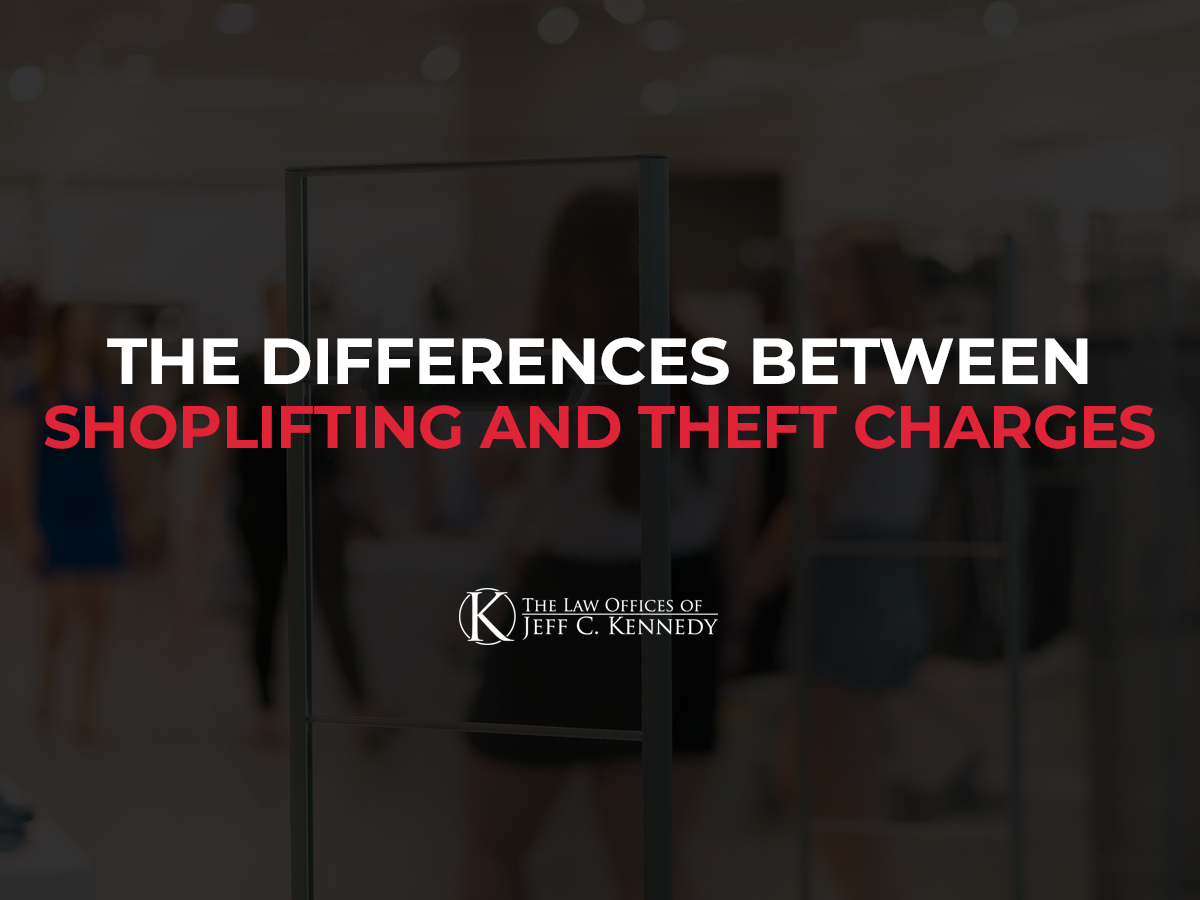
In the state of Texas, taking or appropriating property or material that isn’t yours is a crime. What many people refer to by different names—such as shoplifting, stealing, or other synonyms—is defined as theft in Texas law.
The consequences of a theft conviction depend on the amount of property that was allegedly stolen. Read on to learn more about the differences between shoplifting and theft charges and how a Fort Worth criminal defense lawyer can help.
Defining Shoplifting and Theft
According to Texas law, theft is defined as the unlawful appropriation of property with the intent to deprive the owner of said property. In a nutshell: Taking things that don’t belong to you, whether from an individual, a business, or other, is illegal.
The statute goes on to clarify that “unlawful appropriation,” or theft, of property is that which occurs without the owner’s consent or concerns knowingly stolen property.
In Texas, it’s useful to think of shoplifting as a sort of subcategory of theft. When we think of shoplifting, we imagine property being stolen from a store or business. But in the eyes of the state, the nature of the type of theft isn’t as important as the value of the stolen property. According to the law in Texas, other subcategories of theft besides shoplifting include:
- Theft by false pretext
- Conversion by a bailee
- Acquisition of property by threat
- Swindling
- Extortion
- Embezzlement
These previously separate crimes, including shoplifting, have all been consolidated under the main category, which is theft.
The Consequences of a Theft Conviction
Having established that shoplifting is a type of theft in the eyes of the state of Texas, what are the possible consequences for a conviction? Punishments can range from fines to restitution—being forced to pay for what you allegedly stole—and even incarceration, depending on the severity of the crime. The value of the stolen property is what determines how serious the theft is from a legal standpoint.
For example, shoplifting less than $50 worth of merchandise from a store would be considered a relatively minor offense, punishable by a fine of up to $500. Stealing property worth between $500 and $1,500, however, while still a misdemeanor, could land you a year in jail.
Stealing more than $1,500 worth of property puts you in felony territory; the state jail felony offense can get you up to two years in a state penitentiary. On the far end of the spectrum, first-degree felony theft involves property worth more than $200,000 and could lead to a sentence between five and ninety-nine years in jail.
Being charged with a crime doesn’t make you a criminal, but a conviction would. If you’re facing theft charges, it’s imperative you speak to a lawyer as soon as practical to ensure your rights are protected.
Contact a Lawyer for Help with Your Criminal Defense
Have you been charged with theft? Are you worried about the impact of a conviction on your life and criminal record? A lawyer experienced in theft defense from The Law Offices of Jeff C. Kennedy can give you the robust legal defense you need if you’re going to clear your name.
Don’t hesitate—call 817-605-1010 or fill out the form below to speak to a lawyer you can trust from The Law Offices of Jeff C. Kennedy.
 By
By